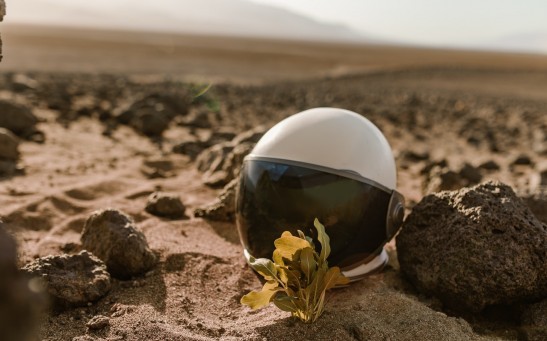agriculture

Moth Species Not Seen in the US for 100 Years Found in Filipino Passenger's Luggage in Detroit Airport
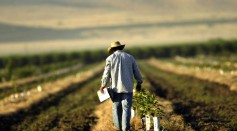
Human Urine a Safe, Natural Alternative to Artificial Fertilizers to Help Feed Growing Population
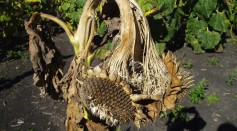
Fungus Protein Can Infiltrate Genetic Protection of Plants, Makes Victims Rot and Wither
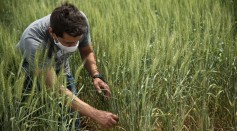
Genetically Modified Crops: Nanocarrier Spray Helps Achieve Better Plants
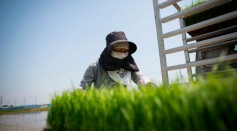
Ozone Pollution Impacts Crops on East Asia, Results to 63 Billion Dollars Annual Loss
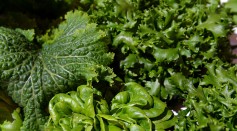
JAXA Develops Culture Bag for Crop Production and Long-Term Food Supply in Space
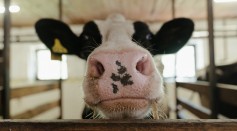
Bovine Tuberculosis Explained: Mycobacterium Bovis Bacteria Infects Beef Herd, Can It Affect Humans?

Is Plant Farming on Mars Possible? Clover in Regolith Soil Develops Through Nitrogen-Fixing Bacteria
Lab-Grown Coffee: How Authentic is the Taste, Smell of This Genetically Engineered Brew?
Famine Prevention: Infection-Causing Enzyme in Plants as Potential Pathogen Treatment Against Plant Diseases

Farm Robots: Ecological Future or Impending Disaster?

Can Peanut Butter Contribute to Future Pandemics? Research Shows Link Between Palm Oil and Disease Outbreaks

California's Corcoran Town Sinking 2 Feet Per Year; Here's Why
Venus Flytrap Robo-Plants Can Tell if Crops Have Disease at Early Stage
Most Popular

How Technology Is Changing the Real Estate Industry?

AI Revolution in Medical Education: Transforming How Healthcare Professionals Learn

Zombie Star Set to Light Up Night Sky: Blaze Star Could Erupt Soon

Exploring Life Beyond Earth: Study Claims Other Planets Could Be Suitable for Alien Life

